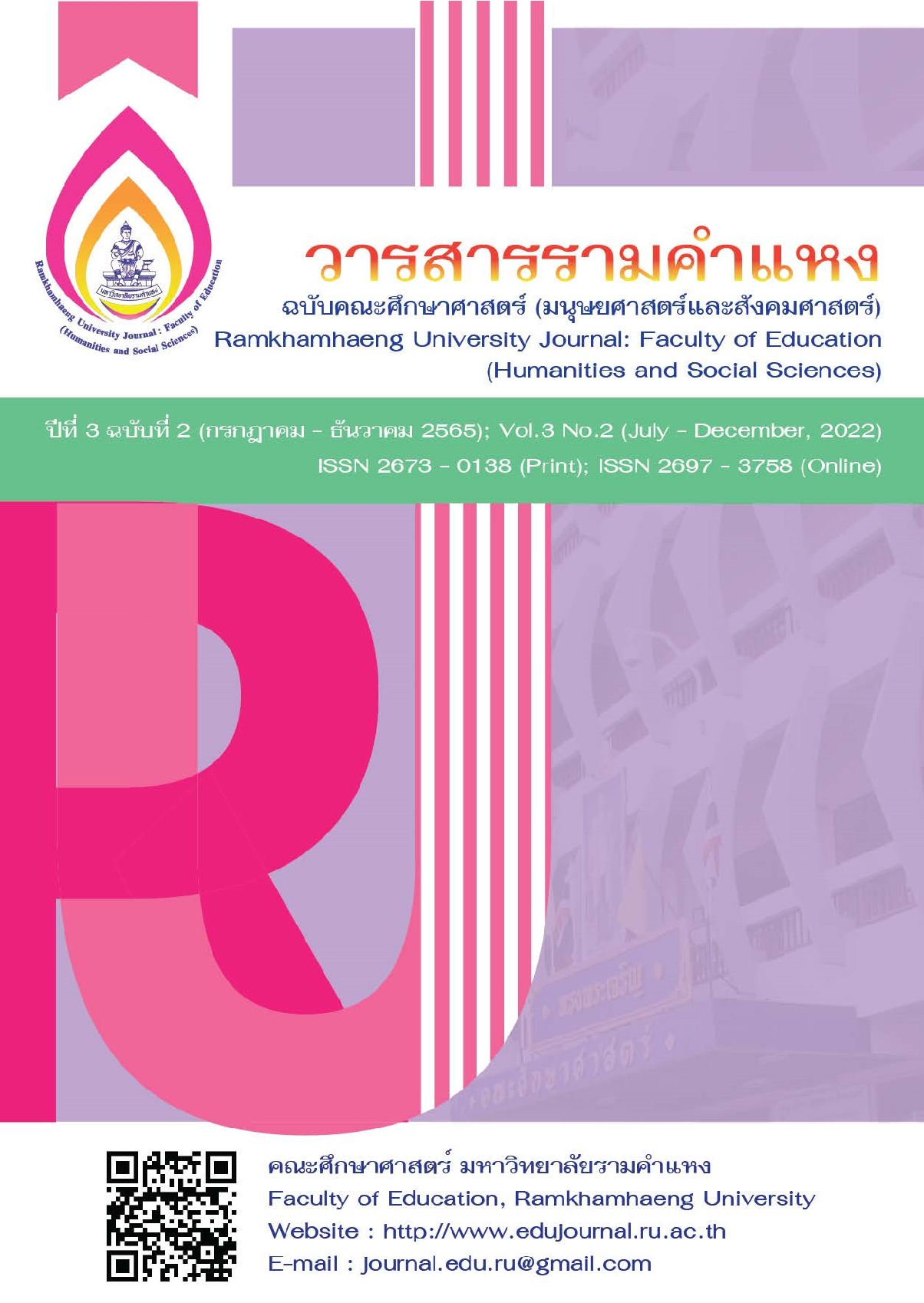The Participatory Management for Driving Moral Schools
Main Article Content
Abstract
The objectives of this research were (1) to study the opinions of the participatory management of moral schools; (2) to study the results of driving moral schools under the OBEC policy with research methodology, which is a mixed research method (Mixed Methods Research) sample group There were 285 people involved in driving moral schools under the OBEC policy by using a simple random sampling method, consisting of 285 people and 5 experts or experts. The research team studied the relevant documents and research to use the data to prepare the questionnaire. The questionnaire was evaluated. The accuracy factor (IOC) was 1.00 and the alpha value was determined. Cronbach's confidence, 0.963 in the relevant group, as well as a semi-structured interview. Accuracy value (IOC) is 1.00.
The results showed that 1) the participatory management of moral schools according to the opinions of teachers and administrators who were involved in the overall picture was at the highest level with an average of 4.38, of which the top 5 practices were (1) All personnel in educational institutions have faith. accept identity Moral aspects of educational institutions ( 2) implementing the vision or goals of the moral school into practice 3. Educational institutions allow students and teachers to participate in activities that drive the moral school 4. Participate in setting the vision or goals in driving moral schools 5. The participants participated in determining the morality of the school's identity at all 5 levels at a high level. moral ideology Integrity Responsibility and in terms of sufficiency as a whole, it was at the highest level. In addition, experts and experts agree with the research findings that participatory management affects the driving of good moral schools, efficiency and efficiency.
Downloads
Article Details

This work is licensed under a Creative Commons Attribution-NonCommercial-NoDerivatives 4.0 International License.
ผู้ส่งบทความ (และคณะผู้วิจัยทุกคน) ตระหนักและปฎิบัติตามจริยธรรมการวิจัยอย่างเคร่งครัด ทั้งนี้บทความ เนื้อหา ข้อมูล ข้อความ ภาพ ตาราง แผนภาพ แผนผัง หรือข้อคิดเห็นใดๆ ที่ปรากฎในบทความ เป็นความคิดเห็นและความรับผิดชอบของผู้ส่งบทความ กองบรรณาธิการไม่จำเป็นต้องเห็นตามเสมอไป และไม่มีส่วนรับผิดชอบใดๆ โดยถือเป็นความรับผิดของของเจ้าของบทความเพียงผู้เดียว
References
Buddhadasa Bhikku. (1962). Ethical guidance. Bangkok: Community Promoting Ethics. (in Thai)
Center for Covid-19 Situation Administration. (2019). Information on infected patients and fatalities from the Covid-19 pandemic. https://www.moicovid.com/20/07/2021/uncategorized/4072 (in Thai)
Chuenjaijit, K. (2018). Moral School Administration in Meung Rayong District of Rayong province under the Secondary Educational Service Area office 18. Independent Study, Burapa University. (in Thai)
Khunbut, T. (2019). The strategies of management effectively of the moral school of Banpaknum (Padermjeannavasongkroh) school, muang district, Chumphon province. Journal of Educational Administration, Silpakorn University, 10(1), 955-966. (in Thai)
Khwankawin, N., Vehachart, R. (2021). Developing moral schools for success. Journal of Educational Studies, 15(1), 13-27. (in Thai)
Ministry of Education. (2008). ฺ Basic education core curriculum 2008. Bangkok: Author. (in Thai)
Office of the National Culture Commission. (2008). Culture and change. Bangkok: Amarin Printing Group. (in Thai)
Phra Dhammapitaka (P.A. Yotto). (1997). Developmental or integrative education. Bangkok: Buddhadharma Foundation. (in Thai) Royal Society of Thailand. (1995). Dictionary of royal society of Thailand, B.E. 2525. Bangkok: Aksorn Charoen Tat. (in Thai)
Safder, M., & Hussain Ch, A. (2018). Relationship between Moral Atmosphere of School and Moral Development of Secondary School Students. 40(3), 43-71.
Songsri, N., & Inrak, S. (2019). Moral School Management of Banpong 3 School Cluster, Banpong District, Ratchaburi Province. Journal of Educational Administration, Silpakorn University. 10(2), 712-724. (in Thai)
Sukkasi, S., & Prasertsak, A. (2017). A Model for Development Basic Moral for Students in Schools. Rajabhat Rambhai Barni Research Journal, 11(2), 133-140. (in Thai)
Wattanachai, K. (2014). Path to sufficiency. Bangkok: Century. (in Thai) Wongsuwan, N., & Siriwan, I. (2017). The participative management. Mahachula Academic Journal, 4(1), 176-187. (in Thai)


